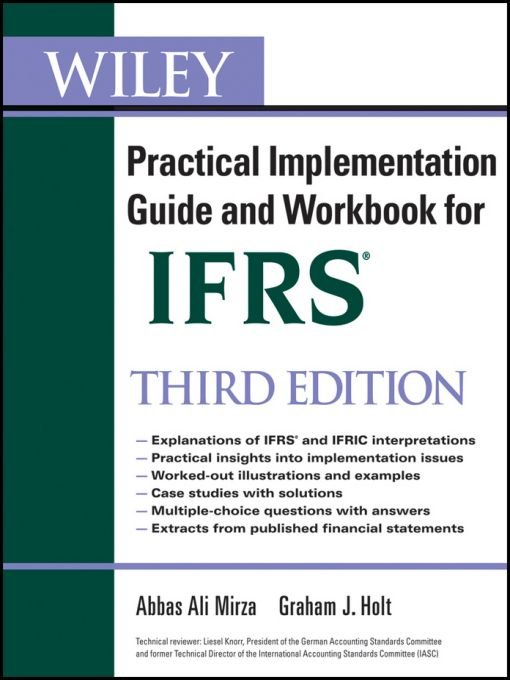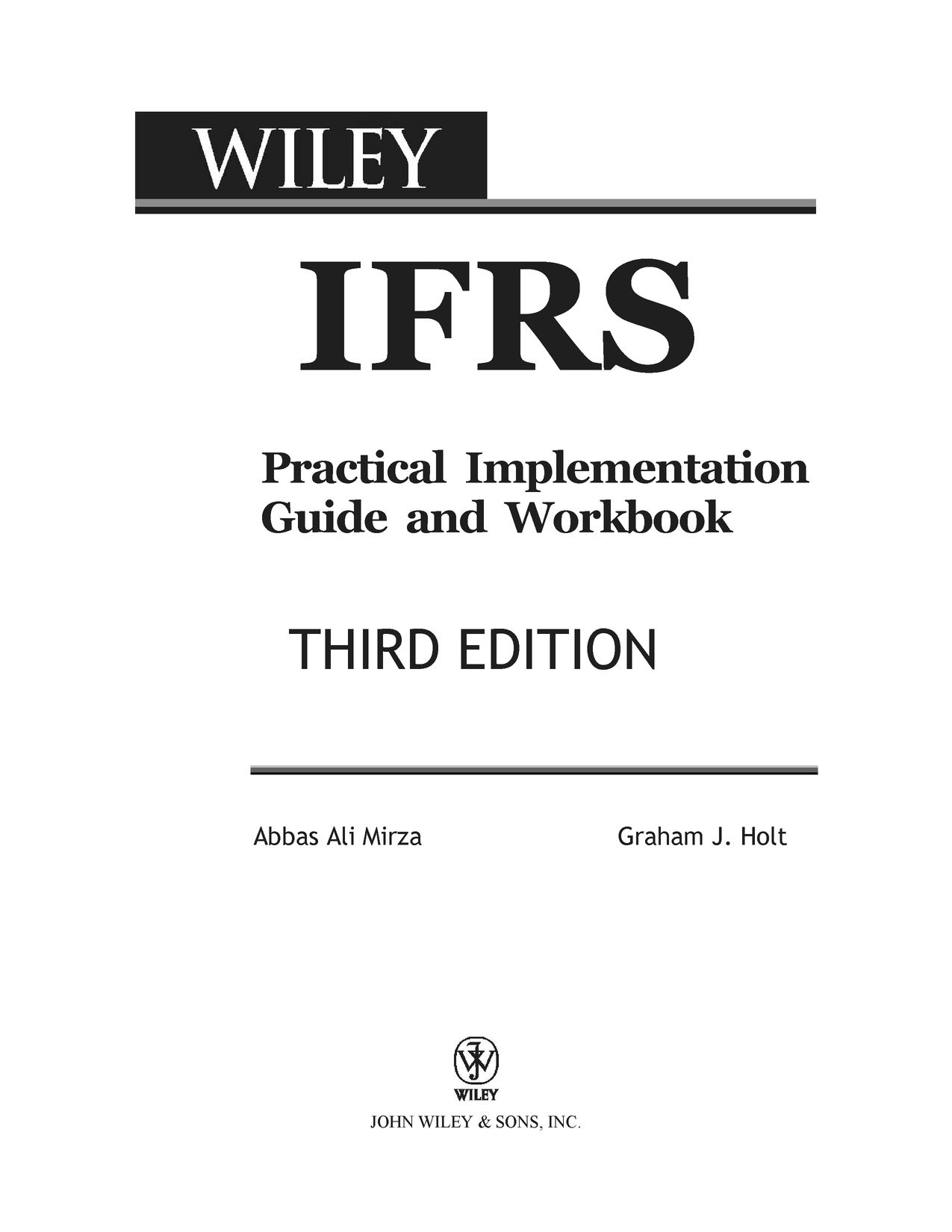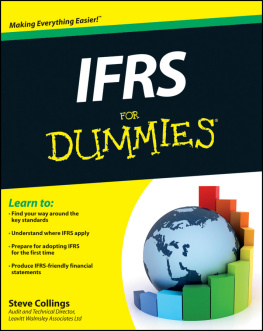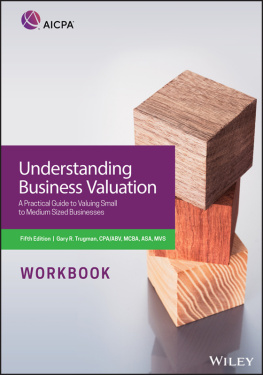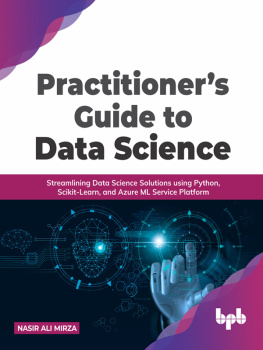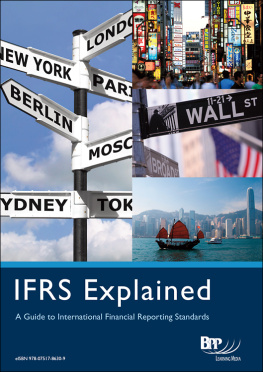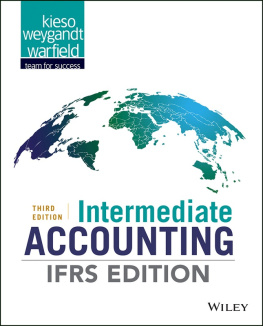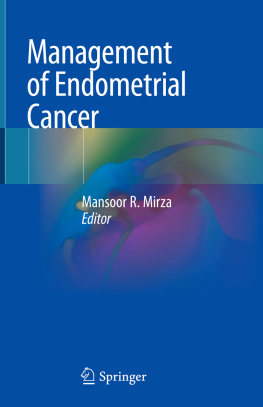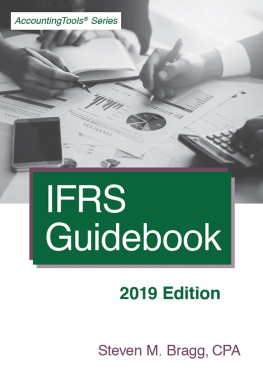Table of Contents
FOREWORD
TO THE FIRST EDITION
by the Chairman of IASB
I and my fellow Board members at the International Accounting Standards Board (IASB) are committed to developing high quality, understandable, and enforceable global accounting standards that meet the demands for comparable and transparent information in the worlds capital markets. Recently we completed a work program to develop and issue a stable platform of such standards. Those standards, the International Financial Reporting Standards (IFRS), are now being implemented in a large number of countries around the world. This is a major achievement on the road towards the global acceptance of a single set of accounting standards.
The responsibility for achieving high quality financial reporting, however, does not rest solely with IASB. Our role is limited to providing the set of standards that entities should apply to achieve high quality, comparable, and transparent financial reporting. For IFRS to be properly understood, implemented, and applied in practice, education and training of all relevant partiesincluding financial statement preparers, auditors, regulators, financial analysts, and other users of financial statements as well as accounting studentsis essential.
This book should be a helpful tool in this regard. The approach of the book is to discuss core concepts and other key elements of the standards and to provide training material in the form of worked case studies and questions to support successful learning of the material. Consequently, the book should be useful for students who prepare for professional exams and for financial statement preparers, auditors, regulators, financial analysts, and other users of financial statements who in their work need to be familiar with the standards. The book should help practitioners and students alike understand, implement, and apply the key elements of the standards.
Sir David Tweedie
Chairman of IASB
December 2005
FOREWORD
TO THE FIRST EDITION
by the Secretary General of IOSCO
In recent years much has been written about International Financial Reporting Standards (IFRS) so it is opportune that a publication such as this would be released at this time particularly since this initiative helps to bring such clarity and focus to the debate.
Globalization is taking place at an ever more rapid pace. As cross-border financial activity increases, capital markets become more dependent on each other. As financial markets become ever more interdependent, there is a greater need for the development of internationally recognized and accepted standards dealing with capital market regulation.
The development of IFRS can be seen within this broader framework. They represent an especially useful instrument designed to promote a stable and more secure international regulatory environment. At the same time, IFRS deliver on accounting and disclosure objectives as well as the pursuit of improved transparency of global financial reporting.
For the International Organization of Securities Commissions (IOSCO), the development and subsequent progress of IFRS represents a priority outcome. The organization has been a key stakeholder with an active involvement in the process of setting the standards and in continually assessing their quality.
This involvement reflects a long history of commitment by IOSCO to efforts aimed at strengthening the integrity of international markets through the promotion of high quality accounting standards, including rigorous application and enforcement.
At the same time, there is an obligation of international standard setters to be responsive to concerns over the application and interpretation of the standards. This is a key complement to the success of IFRS and one which we take seriously.
Ultimately, accounting standards setting is a continuous process that must respond to changes and developments in the markets and the information needs of investors. Indeed, it has always been the case that effective financial reporting is fundamental to investor confidence as well as good corporate governance.
In the long term, the adoption of IFRS in many countries and their use in numerous cross-border transactions will help to bring about these high quality global accounting standards by providing transparent and comparable information in financial reports.
Although as an international standards setter IOSCO is not in position to endorse external publications, we have always recognized that by helping to promote clear information about the IFRS, publications such as this one serve a particularly useful function both as an educational opportunity and also to encourage confidence in these standards. On that basis it is most welcome.
Philippe Richard
IOSCO Secretary General
March 2006
PREFACE
Achieving consistency in financial reporting worldwide is the need of the hour, especially if meaningful comparisons are to be made of financial information emanating from different countries using accounting standards that, until recently, were vastly different from each other. Thus, there has arisen the urgent need for promulgation of a common set of global accounting standards or, in other words, global convergence into a common language of accounting for the financial world. International Financial Reporting Standards (IFRS), the standards promulgated by the International Accounting Standards Board (IASB), previously known as International Accounting Standards (IAS) that were issued by the International Accounting Standards Committee (IASC), the IASBs predecessor body, appear to be emerging as the global accounting standards and, according to some, could even qualify for the coveted title of the Esperanto of accounting.
This is a challenging and exciting time to be writing a book on IFRS. Challenging, because it is indeed a daunting task to publish a book on a body of knowledge such as IFRS. This is also an exciting time to be writing a book on a subject of global importance such as IFRS, since the IASB standards are rapidly being adopted in a large number of countries all around the world. The FASB is working with the IASB to align their standards, which may mean that eventually the USA will adopt IFRS.
Whether you are an accountant, auditor, investor, banker, regulator, or financial analyst, understanding and appreciating the fundamental principles and requirements of IFRS has become more important than ever before. In this new financial world, knowledge of the fundamental principles of IFRS is essential to meet the growing demands of a changing regulatory and market environment. Cognizant of that, we embarked on this book project to help users and preparers of IFRS financial statements alike.
We have written this book with the end user in mind, which should make it user-friendly. For instance, if you are an accountant or an auditor working in a country that has adopted IFRS, you are now faced with the challenges of being able to apply these standards and to read and understand financial statements prepared in accordance with them. This book will help you to do that. We believe that this books real strength lies in the fact that it explains the IASB standards in a lucid manner so even first-time adopters of IFRS can understand the subject. The book illustrates the practical application of the IASB standards, using easy-to-apply illustrations and simple examples. It goes a step futher and provides copious learning aids in the form of case studies (with worked solutions), multiple-choice questions (with answers), and practical insights. We hope its simple, step-by-step approach will guide you in the application of IFRS.

